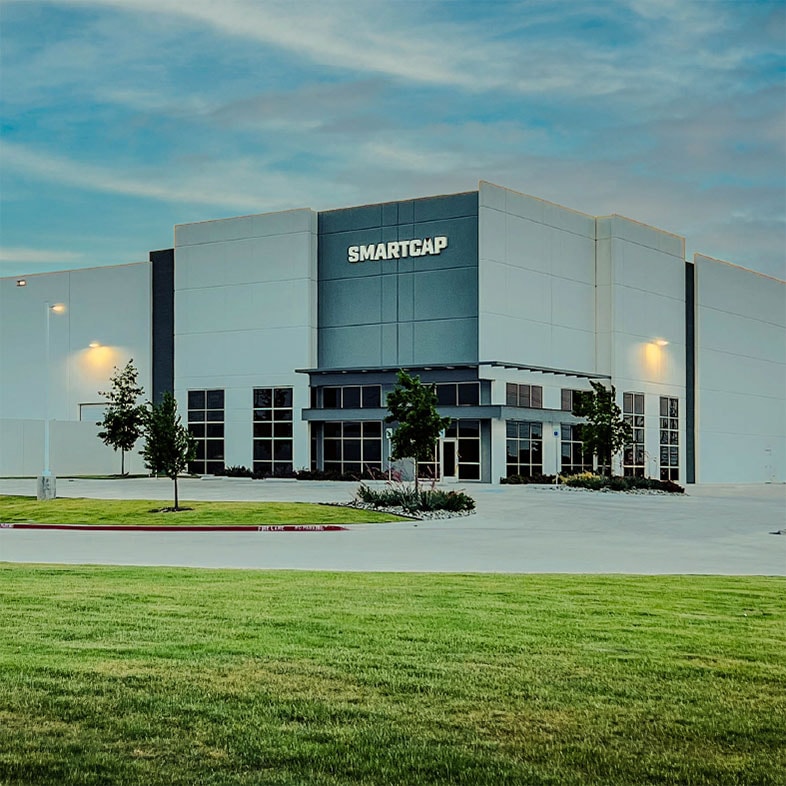Expansion mode, activated
In 2019, SmartCap cofounder and president and CEO Mike Voss wanted to take his company to a new level and expand to North America. For 12 years, the South African after-market auto parts maker largely catered to Africa and Australia’s market for self-reliant adventure travelers. Its EVO stainless steel canopy for pickup truck beds offered a rugged, customizable design that could be flat packed for shipping and self-assembly, offering an innovative alternative to dated fiberglass molds.
North America was the real prize, however, with about three quarters of the global market for pickup trucks. SmartCap already employed more than 400 people at its South African manufacturing facility producing about 1600 units a month, but Voss knew that they would need a new factory across the Atlantic to meet the significant potential demand there.
The new market had very different economics: skilled manufacturing labor rates in the U.S. are about 10 times higher than in South Africa. SmartCap quickly realized the new U.S. factory would have to be highly automated.
SmartCap selected Fort Worth, Texas as the site for a new 400,000 square-foot factory. But developing an almost entirely robotic manufacturing process from the ground up was a massive undertaking. One critical component: robust, reliable network connectivity. Without a rock-solid and easy-to-manage network, the factory would simply not work, nor would SmartCap’s bold expansion plans.



